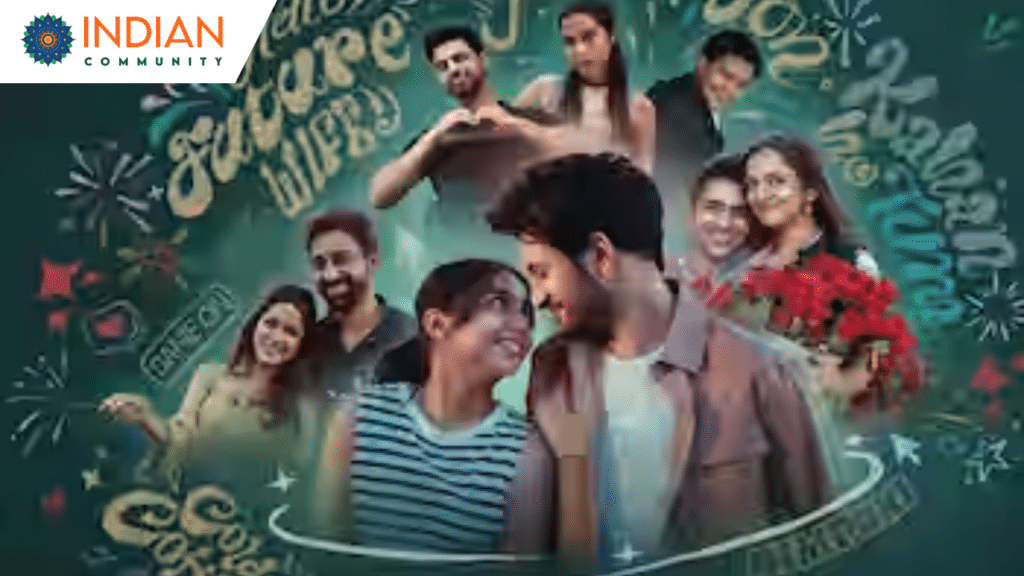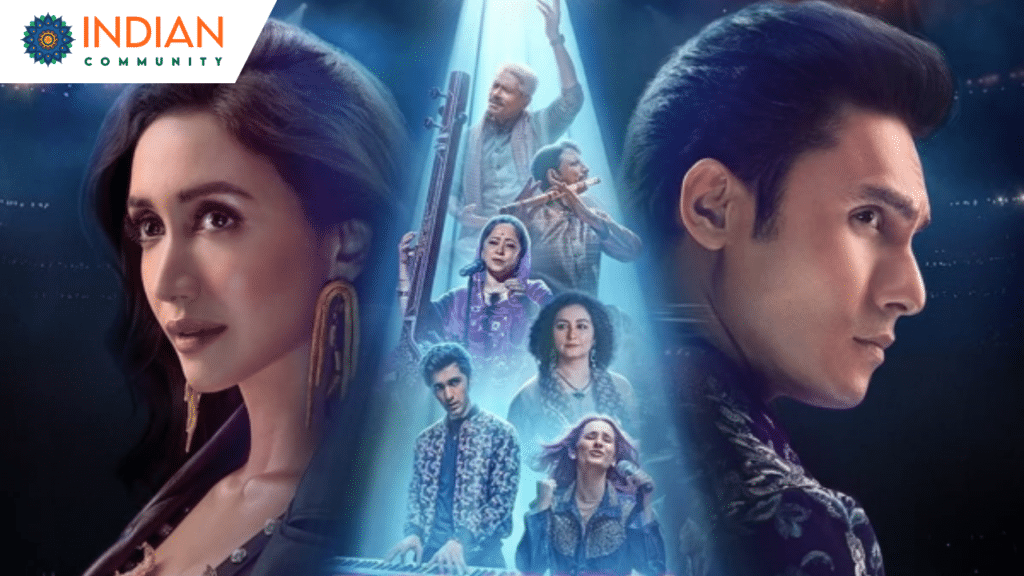Mismatched Season 3 Review

The third season of Netflix’s Mismatched is back with Rishi and Dimple navigating new challenges in their long-distance relationship, career aspirations, and personal losses. With themes of technology, ambition, and identity, the series attempts to deepen its narrative but struggles with pacing and coherence.
Plot Overview
Season 3 moves from Jaipur to Hyderabad, where Rishi (Rohit Saraf) joins a premier tech institute led by Nandini Nahata (Dipannita Sharma). Here, he works on Betterverse, a metaverse-inspired project that blurs the lines between virtual and physical realities. Meanwhile, Dimple (Prajakta Koli) faces rejection and self-doubt as she stays back in Ambala. The couple’s interactions turn virtual, creating a thematic conflict between emotional intimacy and digital disconnect.
Parallel subplots explore grief, identity, and innovation. From a character reviving their deceased father through an AI chatbot to another using Betterverse to see their authentic gender identity, the season attempts to tackle heavy themes but falters in execution.
Character Development
The leads bring familiar charm but limited growth. Dimple’s frustrations and Rishi’s patience echo their previous arcs without significant transformation. Prajakta Koli portrays Dimple’s vulnerability convincingly, while Rohit Saraf balances optimism with subtle emotional depth.
The standout, however, is Lauren Robinson as Rith, a queer hacker who uses Betterverse to explore their true self. Their journey feels raw and poignant, thanks to Gazal Dhaliwal’s nuanced writing. Anmol (Taaruk Raina) also gets a deeper arc, grappling with his physical limitations and mental health.
Direction and Writing
The writers’ room, led by Gazal Dhaliwal, shines in introducing relevant, thought-provoking issues. However, the execution wavers. While the exploration of grief, gender identity, and virtual intimacy is commendable, these themes often feel disconnected from the central narrative. The pacing is uneven, with episodes alternating between engaging moments and meandering sequences.
Direction-wise, the blend of vibrant college life and futuristic tech landscapes is visually appealing. Yet, the emotional beats lack the resonance required to sustain viewer engagement.
Pacing and Narrative
With a focus on new technology and personal challenges, Season 3 introduces intriguing subplots. However, the narrative often meanders, making the eight-episode arc feel stretched. Key emotional moments, like Dimple and Rishi’s first physical reunion, fall flat due to a lack of buildup, while certain storylines feel underdeveloped.
Themes and Dialogues
Themes of identity, loss, and ambition are central this season. The long-distance dynamic between Rishi and Dimple serves as a metaphor for broader struggles with connection and belonging in an increasingly digital world.
The dialogues aim for authenticity but occasionally feel forced, especially during heavy emotional confrontations. The humor, a hallmark of the earlier seasons, feels sparse.
What Worked
- Rith’s storyline: A heartfelt exploration of identity.
- Visual depiction of Betterverse: vivid and immersive.
- Relevant themes like grief, gender dysphoria, and long-distance relationships.
What Didn’t Work
- Uneven pacing and underdeveloped subplots.
- Predictable arcs for the lead characters.
- Lack of emotional depth in key moments.
Final Verdict: 3.5/5 Stars
Mismatched Season 3 takes bold steps to tackle timely themes but stumbles in its execution. While the performances and certain subplots stand out, the lack of coherence and emotional impact prevents it from reaching its full potential.
Should You Watch It?
If you’ve followed Rishi and Dimple’s journey, Season 3 offers enough to keep you invested. However, it may leave you yearning for a tighter narrative and more substantial character growth. For fans of tech-driven dramas and coming-of-age tales, it’s a watchable but uneven ride.







Responses